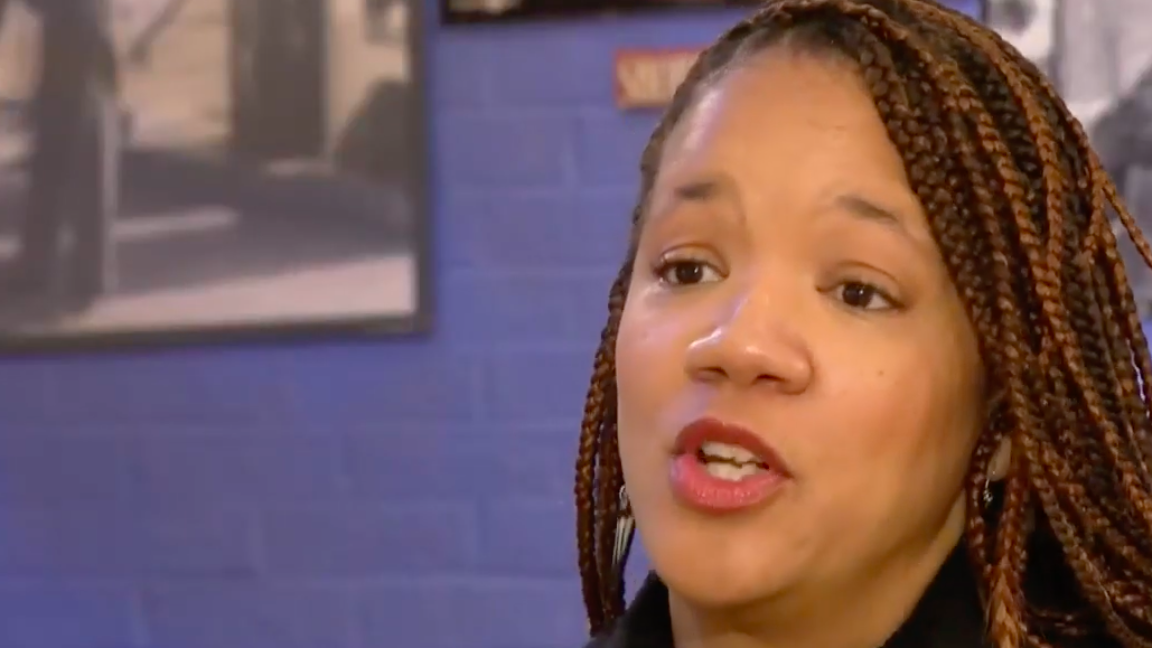Lawmakers in Evanston, Illinois, have not only decided to deem recreational marijuana use legal as of January 1, but sales from the taxes of the recreational drug will also be used for reparations.
Efforts are being led by Evanston’s 5th Ward Alderman Robin Rue Simmons, a Black woman, who proposed the reparations bill, reports NBC Chicago. The proceeds from the tax will go toward strengthening employment programs and additional initiatives which disenfranchise Black residents due to the withstanding effects of slavery and discrimination.
The decision was made through a vote of 8-1. A 3% sales tax will be implemented.
According to Ald. Simmons, the expected amount to be garnered through the initiative is anywhere between $500,000 and $700,000.
“It'll help improve the black life experience, the black community, the historically black neighborhood, and ultimately that will help strengthen our entire community," Simmons stated.
The proof seems to be in the pudding. Although Evanston residents account for only 17% of the population, from 2016 to 2019 77% of the Black residents in Evanston were arrested for marijuana possession. Simmons confirmed this by commenting, "given the federal government's 'war on drugs' campaign disproportionately affected African Americans for several decades."
“Evanston has been preparing to lead the nation in this way for years. We have celebrated diversity, although it’s drive-by diversity. We honor our diversity and efforts for inclusion, ceremonially in resolution, in our traditions, there’s evidence of it throughout town in public art," Simmons said. "We have created a chief equity officer position, we have appointed an Equity and Empowerment Commission, we have an equity lens that we use in our staffing, and we’re not alone. Many of the institutions and nonprofits in town express the same commitment.”
So far, 33 states have legalized medical marijuana with just 11 permitting legal recreational marijuana use.
On November 20, the House Judiciary Committee passed the Marijuana Opportunity Reinvestment and Expungement (MORE) Act. The MORE Act aims to do more than make marijuana legal. The Act will also remove THC and marijuana from the Controlled Substances Act under Schedule 1. Schedule 1 drugs have an increased potential for addiction and don't have any suitable medical uses. Additional drugs under the Schedule 1 criteria of CSA are LSD, methamphetamines and Heroin.
The Act was spearheaded by Judiciary Chairman Jerrold Nadler and passed by a 24-10 vote.
According to Arnall Golden Gregory LLP, “The bill’s amendment to the CSA removing marijuana from Schedule I status would apply retroactively to 'any offense committed, case pending, or adjudication of juvenile delinquency entered before, on, or after the date of enactment.'”
Additionally, the bill would establish a Cannabis Justice Office headed by a director within the Office of Justice Programs. Among other duties, the director would be required to establish the "Community Reinvestment Program," a grant program designed to “provide eligible entities with funds to administer services for individuals most adversely impacted by the War on Drugs.”
“For too long we’ve treated marijuana as a criminal justice problem instead of a matter of personal choice and public health," Chairman Nadler said.
